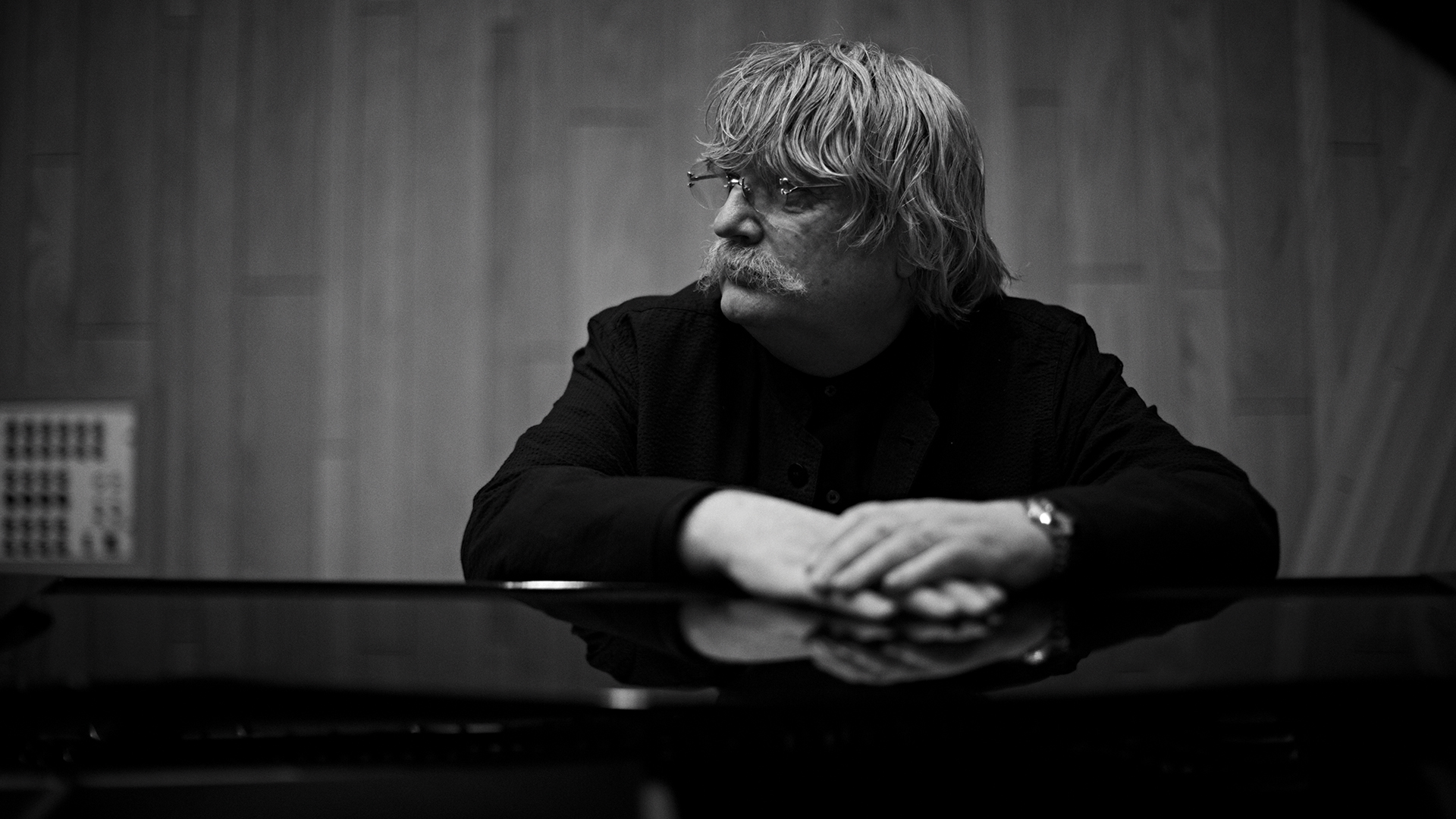A high-pitched cello solo floats over the orchestra, its melody undecorated in anguish. Then, a tenor introduces the Benedictus, supported by huge chorus and underlined by crashing timpani. Whereas the majority of new classical music has to fight for a second hearing, Karl Jenkins’ The Armed Man: A Mass for Peace is said to be performed, somewhere in the world, on average twice a week.
There have been more than 3,000 performances since the work was premiered in 2000 (with Julian Lloyd Webber as cellist), dedicated to victims of the Kosovo crisis.
Like Britten’s War Requiem (1962), which blends secular texts – such as poetry by Wilfred Owen – with the Latin mass, The Armed Man uses the Islamic call to prayer, as well as writing by Kipling, Tennyson and Hiroshima survivor Sankichi Tōge into the traditional framework, giving it wide appeal. Some special performances will be added to this year’s stats: the composer will be conducting a series of concerts featuring The Armed Man at London Royal Albert Hall (10 March), Glasgow Royal Concert Hall (17 March), Birmingham Symphony Hall (30 March), Nottingham Royal Concert Hall (6 April), Cardiff Wales Millennium Centre (13 April) and Manchester Bridgewater Hall (14 April).
Change a Big Issue vendor’s life this winter by purchasing a Winter Support Kit. You’ll receive four copies of the magazine and create a brighter future for our vendors
Karl Jenkins is used to conducting his work on this scale. His latest piece, One World, was recently broadcast to numbers that might even impress Taylor Swift. These were matched by a vast amount of performers, both on stage at Austria’s Brucknerhaus Linz, where 350 musicians from over 40 countries gathered under a large image of a dove, and across the world, as 270 members of the Stay at Home Choir (the ensemble set up by Tori Longdon and Jamie Wright during the pandemic) joined proceedings via screen.
Commissioned by the World Orchestra for Peace and the World Choir for Peace and dedicated to Unesco, performers – including British soloists Ruby Hughes (soprano); Kathryn Rudge (mezzo-soprano) and Roderick Williams (baritone) – waived their fees for this extraordinary gathering, intended as a statement of collective agreement regarding social responsibility. As the timpani rolls and the brass bassline booms (signature Jenkins), the chorus sings about the tower of Babel, breaking into multiple languages. Like The Armed Man, One World uses a diverse array of source material for its texts, including the Bible, the Hindu Gayatri Mantra, poetry by Percy Bysshe Shelley, activist Frances Harper and Lebanese-American writer Khalil Gibran.









